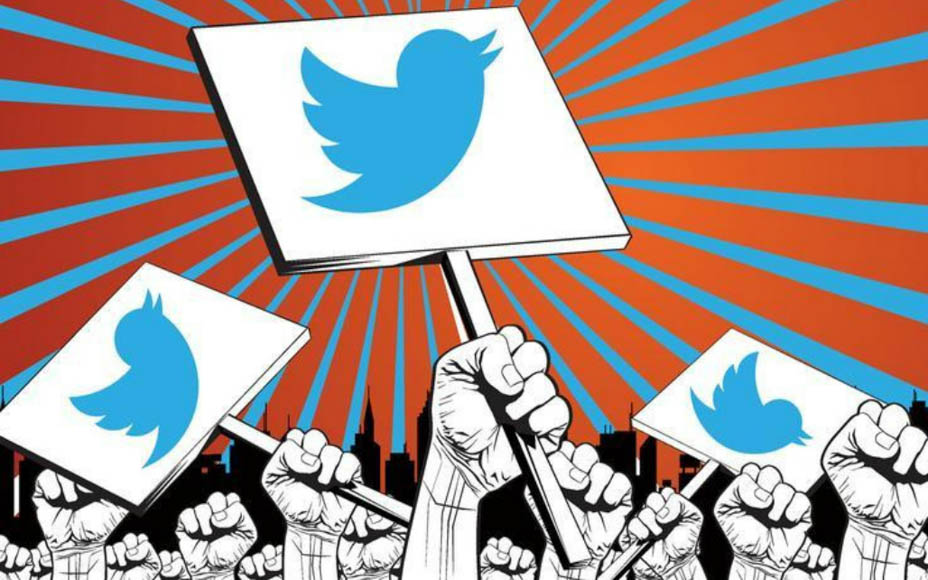A new study conducted by North Carolina State University found that propaganda on social media raises the demand for a corporate corrective response, despite the validity of the news. The findings also correlates the third-person effect with media literacy intervention among consumers.
The study, as published in the peer-reviewed journal Mass Communication and Society, examined data comprised of 661 participants in the U.S. who were frequent consumers of soft drinks.
The participants were recruited and shown examples of false news stories circulating through social networking sites on the recalling of products from a popular brand as a result of dire health concerns.
After showcasing the fake news story, researchers instructed the participants to answer a variety of questions on their consensus toward the deceptive piece of social content.
“Results showed the significant impacts of self-efficacy, social undesirability, and consumer involvement on the presumed effects of fake news on others (PFNE3),” the findings determined.
“The strongest finding was that consumers expect corporations to take responsibility for combating fake news, even if the company in question was a victim of the fake news story,” said Yang Cheng, co-author of the study.
Another strong finding researchers uncovered was how the third-person effect became central in prompting the responses from consumers.
“The third-person effect predicts that people tend to perceive that mass media messages have a greater effect on others than on themselves, and we found that this effect is pronounced among consumers who use social media,” according to Cheng.
Altogether, the findings suggest more should be done to improve media literacy, perhaps increasing the ability of users to evaluate media sources and content more thoroughly.


